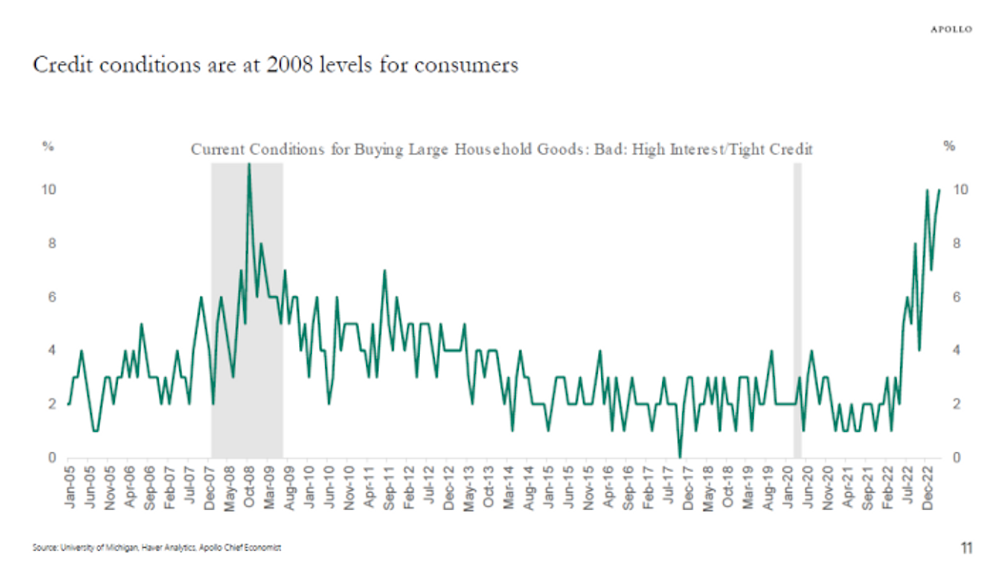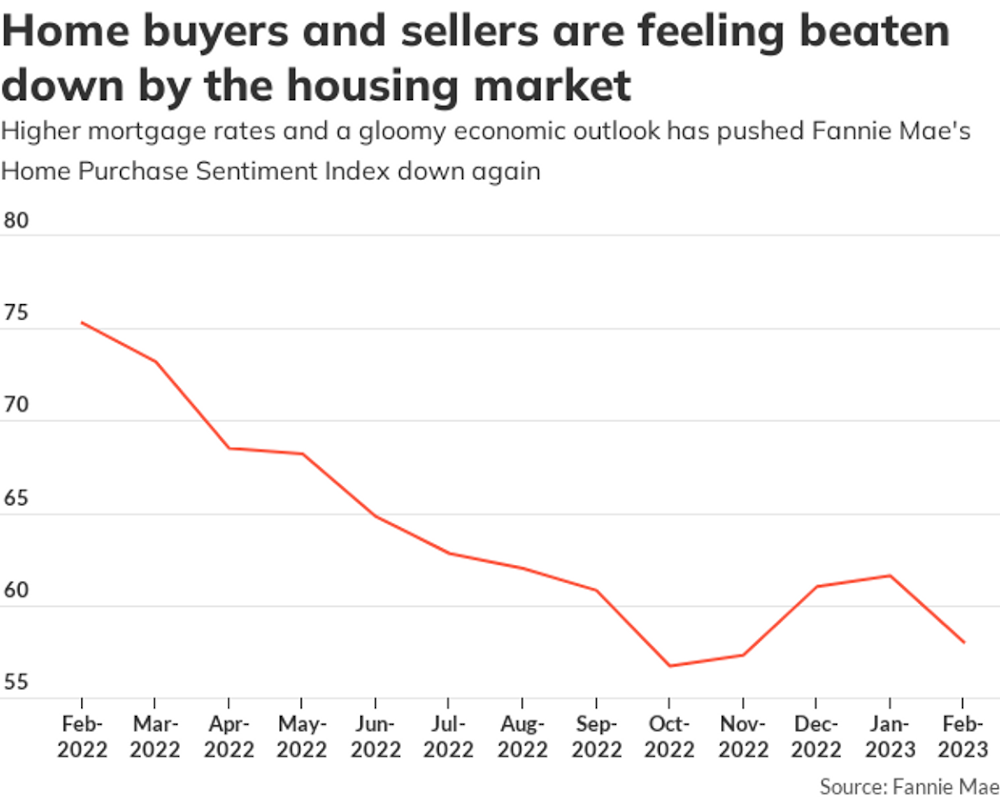WASHINGTON (MarketWatch)
Fewer U.S. banks have eased standards on business loans in the third quarter than in prior quarters given the uncertain economic outlook, the Federal Reserve reported Monday.
For instance, a net 6% of banks eased standards in the third quarter compared with 22% in the prior quarter, the survey found.
A number of foreign banks actually tightened their standards, the Fed said in its quarterly survey of senior loan officers at 51 U.S. banks and 22 foreign banks doing business in the country.
Banks can act to make stricter standards in several ways: raising thresholds for credit scores, reducing credit limits, shortening maturities, charging higher interest payments and fees, requiring higher minimum payments or requiring greater collateral.
“Overall, the October survey suggests bank lending activity continues to improve gradually...but the rate of improvement has slowed,” said Michael Gapen, economist at Barclays Capital, in a note to clients.
A slowdown in the rate of easing could in theory hurt economic growth on the margin, said the Goldman Sachs economic team in a note.
In response to a special question, a large number of U.S. banks reported that they had tightened standards on loans to European banks.
European banks are under the microscope because of stubborn nature of the euro-zone sovereign-debt crisis.
Last month, European officials announced that the region’s banks will be required to raise capital ratios by the end of next June.
The European Banking Authority has said about $148 billion in new capital will needed in the recapitalization plan.
“The results of this survey confirm our view that the most likely channel of risk transmission from Europe to the U.S. will be from a tightening in financial market conditions, as opposed to through the trade channel,” Gapen said.
According to the Fed survey, there was weaker demand by businesses for bank loans.
There were also few inquiries by potential first-time business borrowers.
On the consumer side, banks continued to ease standards for auto loans.
Only small fractions of banks reported easing standards on credit car loans and other non-auto lending.
There was some strengthening in demand for home loans, but these might have reflected the strong refinancing activity underway.
For commercial and industrial loans, more than 86% of the banks said credit standards hadn’t changed compared three months ago.
A few more banks eased standards for larger and medium-sized firms than those that tightened standards.
Welcome
Billie, with academic training in Fundamental Mathematics and professional experience in Large Multinationals in the Information Technology sector, having held positions in high-level management positions, maintains that it is time to reduce Unproductive Public Expenditure and help the Private Sector in everything that is possible.
Cortesía de Investing.com
Agenda Macro
Calendario económico en tiempo real proporcionado por Investing.com España.





















No hay comentarios:
Publicar un comentario